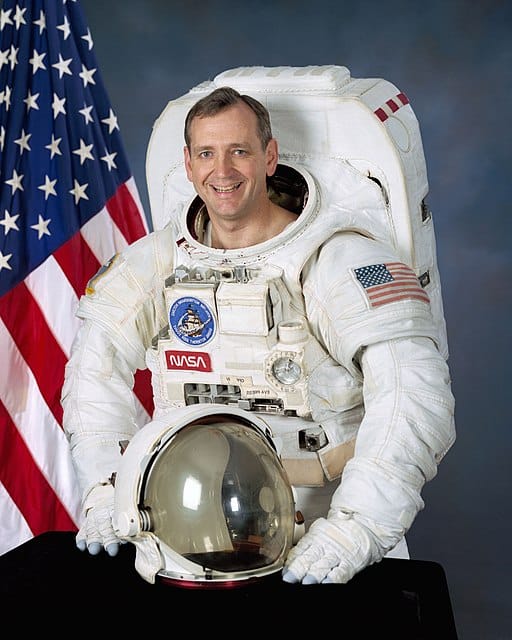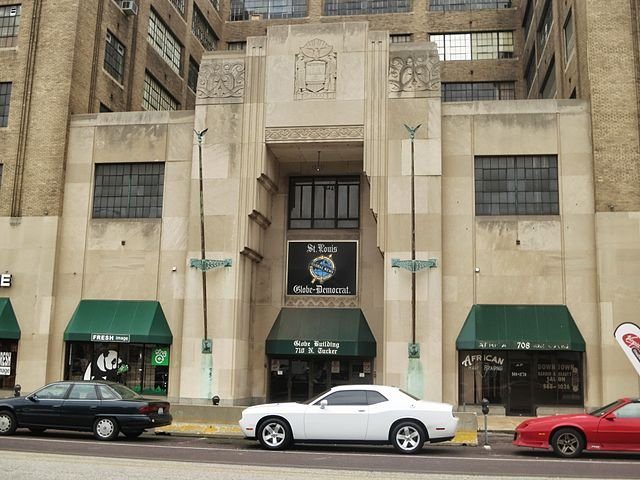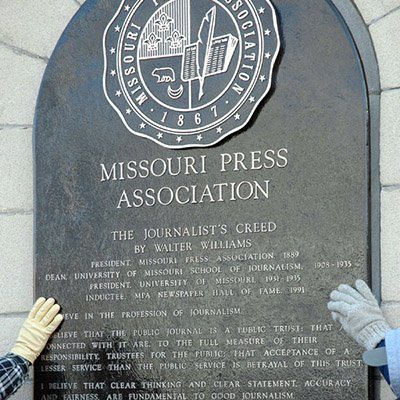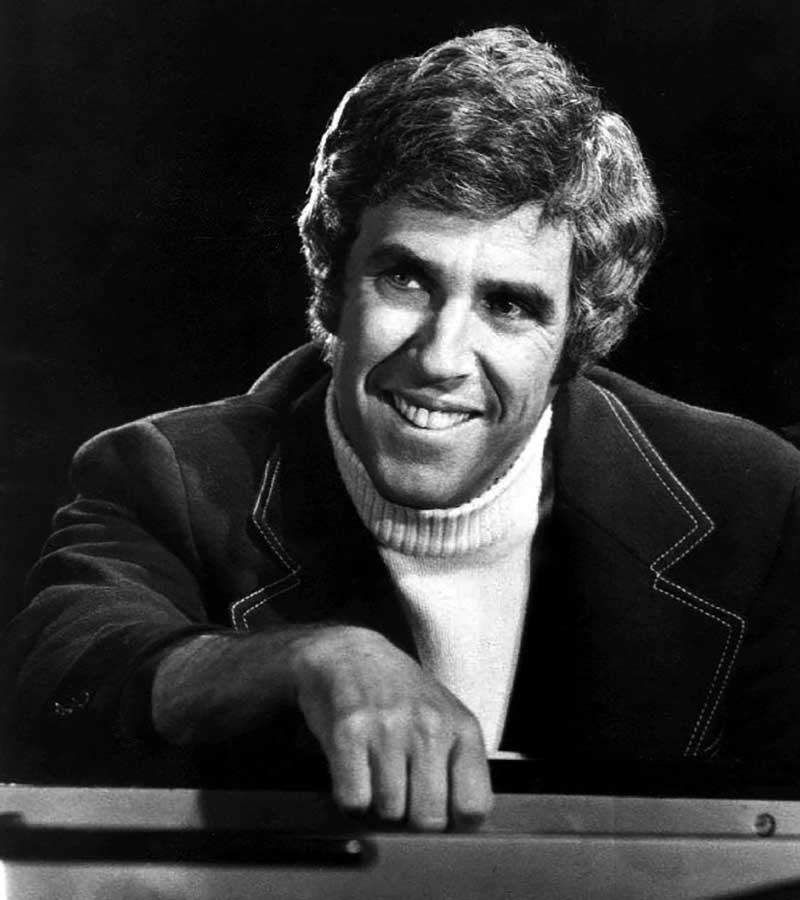Thomas Akers is Born: May 20, 1951

Astronaut Thomas Akers was born on this date in 1951. During his career he flew on four space shuttle missions and logged more than 800 hours in space.
Thomas Dale Akers, born on May 20, 1951, in St. Louis, is a retired United States Air Force officer and NASA astronaut. Akers grew up in Eminence, where he attended Eminence High School. He then went on to earn a Bachelor of Science degree in Applied Mathematics from the University of Missouri-Rolla (now Missouri University of Science and Technology) in 1973, followed by a Master of Science degree in Applied Mathematics from the same institution in 1975.
Akers began his career in the United States Air Force, where he served as a professor of mathematics at the Air Force Academy in Colorado Springs, Colorado. His expertise and leadership skills led him to further responsibilities, including serving as a flight test engineer at Edwards Air Force Base in California. His military career showcased his technical acumen and his ability to handle complex, high-stakes environments.
In 1987, Akers was selected as an astronaut candidate by NASA. He completed his training and became an official NASA astronaut in 1988. Akers flew on four Space Shuttle missions during his career. His first flight was on STS-41 in 1990, where he played a crucial role in deploying the Ulysses spacecraft, designed to study the Sun. His second mission, STS-49 in 1992, was particularly notable for the successful capture and repair of the Intelsat VI satellite. This mission required unprecedented precision and teamwork during spacewalks.
Akers continued to make significant contributions to space exploration with his subsequent missions. On STS-61 in 1993, he was part of the crew that conducted the first servicing mission of the Hubble Space Telescope, correcting its flawed optics and vastly improving its scientific capabilities. His final flight was on STS-79 in 1996, a mission to the Russian space station Mir, highlighting international cooperation in space.
Akers’s contributions to space missions, particularly in terms of satellite repair and space station support, have left a lasting impact on the field of space exploration. After retiring from NASA, Akers continued to share his knowledge and experience, contributing to education and inspiring future generations of scientists, engineers, and astronauts.
Related Posts
May 20, 1876
The St. Louis Globe merged with the St. Louis Democrat and, on this day, the first issue of the Globe-Democrat was sold.
May 17, 1867
The Missouri Press Association was organized on this date.
May 12, 1928
Birthday of musician-composer Burt Bacharach from Kansas City.



